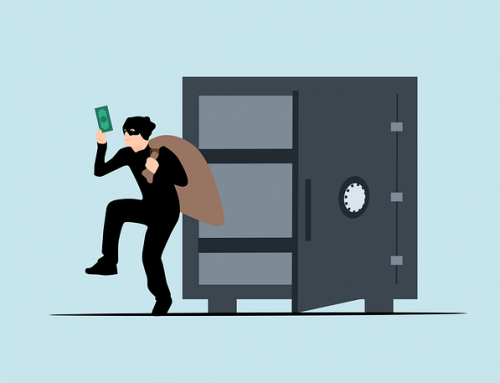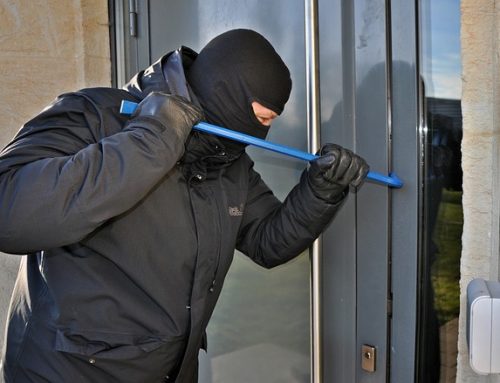Cosigning a bail bond means you agree to be held financially responsible for the defendant after they are bailed out of jail. What does that mean? It means if the defendant fails to appear all of their court dates or does something else to violate the terms of their bail, you must pay the full amount of bail to the court clerk.
When someone is unable to pay the full amount of bail to get someone out of jail, they usually work with a bail bondsman. Bail bonds cost far less than the full amount of bail and make it much easier for someone to get a friend or loved one out of jail. However, even when you work with a bail bondsman, the cosigner on a bail bond is responsible for the full amount of bail if the defendant fails to appear.
What Is Required to CoSign a Bail Bond?
To qualify as a cosigner, a person must meet a few requirements, including trustworthiness, financial stability, and a verifiable identity.
Trustworthiness
Since the bail bond company depends on you to take financial responsibility for a defendant who does not show up for court, you need to be able to prove your trustworthiness. For example, poor credit and/or a criminal record may make you ineligible to cosign a bail bond.
Verifiable Identity
You need to provide a government-issued ID to cosign on a bail bond. A driver’s license, state ID, or passport should work just fine. Also, your address and any other details regarding locating you will need to be established.
Financial Stability
As mentioned, your credit is taken into consideration during the bail bond process. It doesn’t need to be impeccable, but it must meet certain standards. Additionally, a job or other proof of income or assets are necessary.
Ultimately, cosigning a bail bond to get someone out of jail can be a huge help to the defendant. However, you must meet the qualifications and understand that you’ll be held financially responsible if they fail to show up for court.






